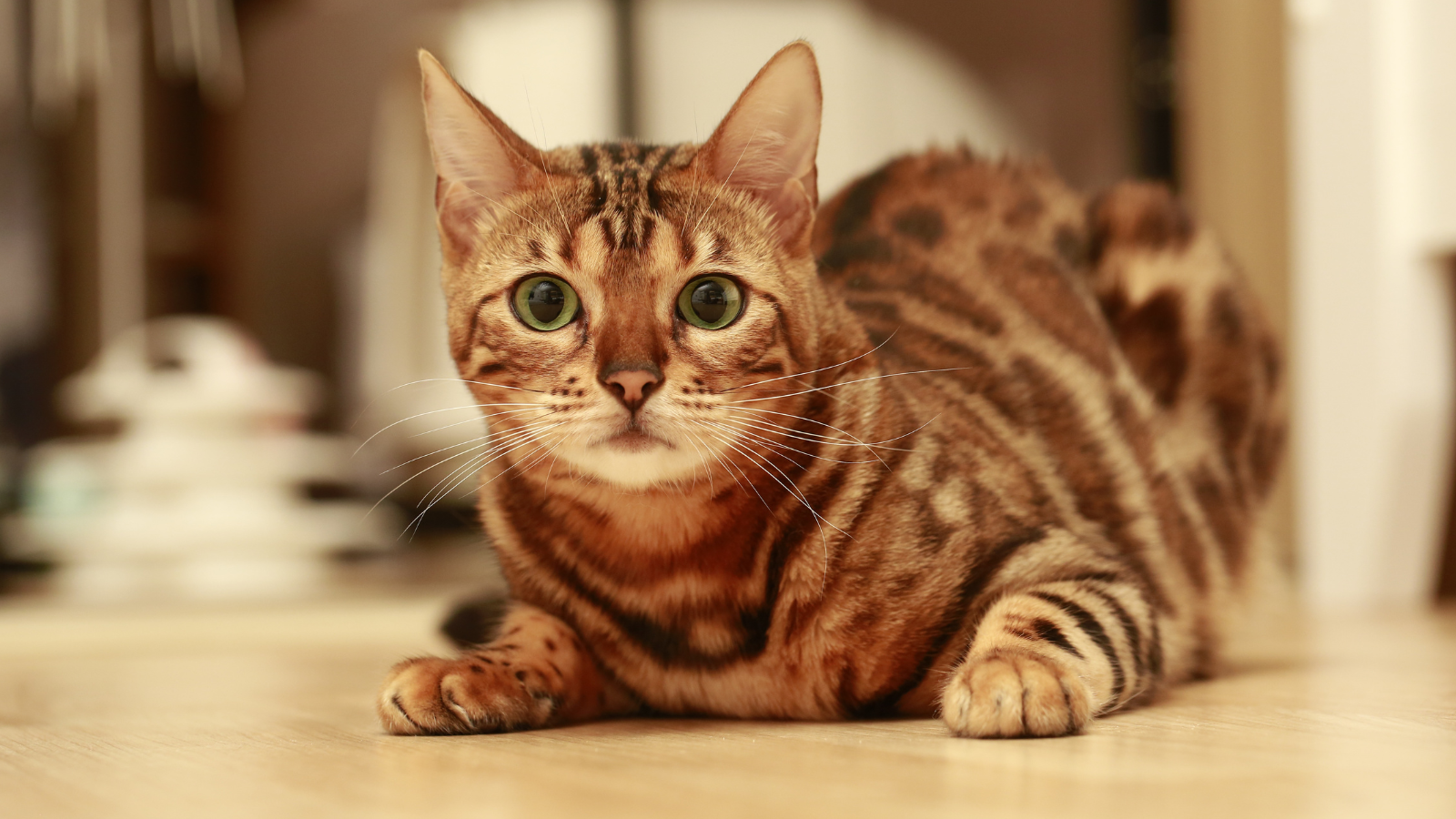Cats are cherished members of our families, and we want to keep them healthy. Among the health threats they face, Feline Leukemia Virus (FeLV) remains one of the most serious. At Northern Pike Veterinary Hospital, we believe that education and prevention are the best tools in making sure our feline patients stay safe from FeLV. Here’s what every cat owner should know about the Feline Leukemia Virus and how the FeLV vaccine can be a lifesaver.
The Basics of Feline Leukemia Virus (FeLV)
FeLV is a contagious virus that can suppress a cat’s immune system and make them more vulnerable to secondary infections, blood disorders, and even cancer. Today, Feline Leukemia remains the most common cause of feline cancers. Once infected, many cats develop life-altering complications. The virus is most commonly transmitted through saliva, blood, and from mother cats to kittens, particularly during nursing. FeLV spreads through:
- Sharing food or water dishes
- Sharing litter boxes
- Mutual grooming
- Bites from infected cats
- Transmission from mother to kitten
Outdoor cats, stray cats, or cats in high-density shelters are at higher risk. FeLV doesn’t usually survive long in the environment, but direct contact makes it a potent threat.
Catching FeLV Symptoms
FeLV symptoms may take time to appear and often mimic other conditions.
- Poor appetite and unexplained weight loss
- Recurring infections
- Persistent fever
- Pale gums
- Eye and respiratory issues
- Behavioral changes or lethargy
If your cat shows any of these signs and may have been exposed, you will want to bring them to a veterinarian. The vet will discuss symptoms and perform testing for Feline Leukemia if appropriate.
Feline Leukemia Prevention
Veterinarians use blood tests to detect FeLV. Testing is highly recommended for any new feline additions to your home and for outdoor cats, as well as any cat showing symptoms of illness. The FeLV test can be performed during any routine veterinary appointment. If your cat tests positive, don’t lose hope. With proper management, many FeLV-positive cats live several good-quality years. Your veterinarian will discuss a care plan that will keep your feline pet with you for as long as possible.
The FeLV vaccine is a safe and effective way to guard against infection. It’s especially important for kittens, outdoor cats, and cats that live with other felines. Even indoor cats can benefit, particularly if they ever escape outside or live with cats of unknown FeLV status.
Here are four practical steps you can take to lower the chances of your cat contracting Feline Leukemia:
- Vaccinate Your Cat: Ask your vet if the FeLV vaccine is right for your pet.
- Keep Cats Indoors: Being an indoor cat limits exposure to infected felines.
- Test New Additions: Always screen new cats before introductions.
- Schedule Routine Vet Visits: Stay ahead with regular wellness exams.
Providing the FeLV Vaccine for Cats in Monroeville, PA
Feline Leukemia is a serious but preventable disease. Northern Pike Veterinary Hospital will help you in protecting your feline pet’s health through testing and the trusted FeLV vaccine for cats in Monroeville and nearby areas like McKeesport, Greensburg, and Pittsburgh. Feline Leukemia prevention is simple: it starts with you. Schedule an appointment for your feline’s FeLV vaccine or to get tested.

